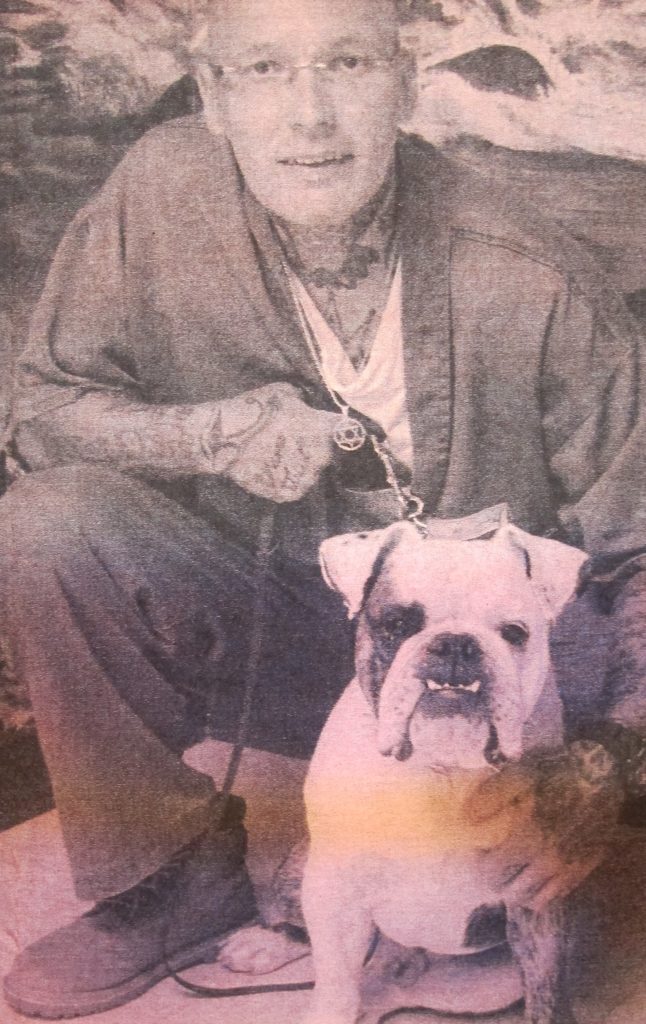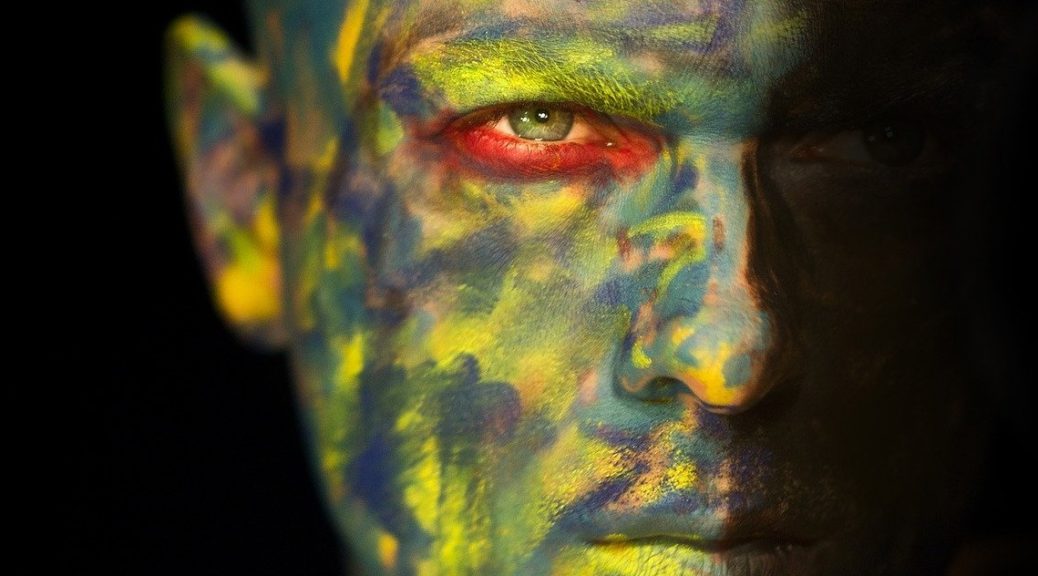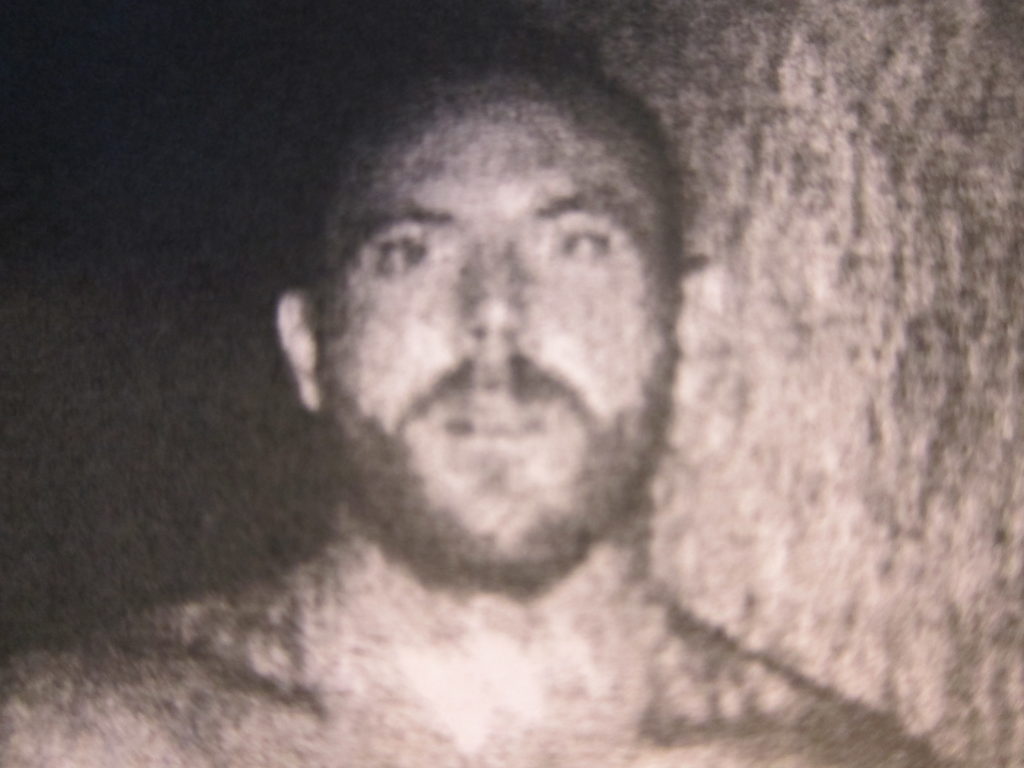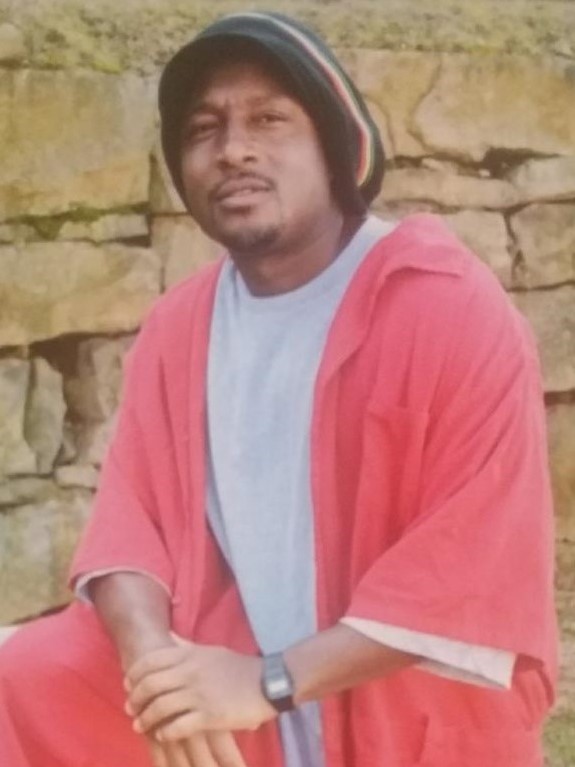Jesus was executed, as well as countless others throughout history. Although Christians believe that was a necessary evil, looking at what was done to a man that had a reputation for kindness and advocating for the downtrodden, one is struck by the injustice and immorality of it. Jesus wasn’t a murderer or a rapist or a thief. Can anything justify the torture and execution of a man that committed no crime, other than irritating those in power?
Even if looked at from the retributive theory, Jesus’ execution was not justified. He did not commit murder, and Pilate most likely did not believe Jesus deserved the sentence he was given, but felt pressure at the time. Thus, Jesus was executed. The most famous of all retributive punishments is an illustration of all that can go wrong with the perspective that execution is acceptable. Although Christians know that Jesus had a path to walk, looking at this case apart from the religious aspects, it couldn’t have been more poorly justified.
Jesus’ crime, according to authorities, was treason, calling himself king. For that he was beaten, tortured, and left to die on a cross. The punishment did not fit the crime. Those same words can be said about what sometimes happens in the halls of justice every day on every reach of the planet – outside forces, such as pressure in this particular case, influence the sentence. It could be a court appointed attorney with no time to adequately prepare up against a highly motivated prosecutor, well practiced at manipulating a jury. It could be a police force that has a tendency to toy with evidence. It could be the color of the defendant’s skin in a courtroom full of people that don’t resemble him or her. But, as we saw in the case of Jesus, people are not perfect and sentences don’t always match crimes. This happens more than anyone would like to believe, and it is certain to continue happening.
As of this writing there is a man on death row in Texas, and he has been there for over two decades. In his case, the prosecution had evidence they did not share with the defense that could have been pursued, and if it had been shared, could have very well impacted the outcome of the case. This information is now known, documented and available to anyone who wants to see it, but Charles Mamou has had four attorneys over the last two decades who never located the information. It wasn’t until an unpaid advocate came along and started researching the case that everything that had been there all along came to light. It wasn’t a trivial tidbit, there was actually a rape kit discovered twenty years later that has physical evidence in it. There were phone records of key witnesses who testified they were asleep. The information was never shared with the defendant. Mamou’s case is not an anomaly. If you work with the incarcerated for any length of time, you will come to learn cases like his happen more than anyone would like to admit.
The argument that the number of lives saved from the use of capital punishment as a deterrent, is hard pressed if the true number of unfair prosecutions were tallied. There is no way to even calculate them all accurately, as most cases are left unpursued in spite of questions left behind. It is naivety that believes wrongful or over incarcerations are few in numbers and therefore a viable trade off. From the beginning of time, and the execution of a man whose reputation has remained that of a ‘good man’ over hundreds of years, until today when you can walk in any well-populated death row facility and find people that have not had a hand in murder, we have gotten it wrong. The numbers are greater than anyone would like to publicly acknowledge.
For the sake of argument, and although unarguable evidence has shown us differently from the beginning of time, we will pretend justice is always perfect. We will overlook the imperfections and intentional mistakes along the way, such as the execution of Jesus, a good man. Let’s say then, punishment should reflect the crime, an eye for an eye. Yet, we have been getting it wrong one way or another from the beginning of time on that as well. If it were truly to be an eye for an eye and a reflection of the crime, we would rob from robbers, we would rape rapists and we would murder murderers. In the world of right and wrong and if we are going to make rules of order, you can’t compare apples to oranges. A perfect system of an eye for an eye that punishes according to crime, can’t have exceptions to the rule. What makes murder any different than rape?
In our country, we execute people who have not actually had a hand in a murder, sometimes letting the actual ‘murderer’ receive a lesser sentence. It is called the Law Of Parties, and people who have not had a hand in murder have been and will continue to be executed under it. So, in the ‘eye for an eye’ thinking, we make exceptions for all cases except murder where we stand firm on taking a life for a life, while letting the rapists go unraped, and not only do we make exceptions, we make exceptions within the exceptions. If a murderer has the right attorney and chooses to testify against other parties, involved or not, he betters his chances of not having to pay the price of murder with his life, making himself an exception, and in doing so, assists in the execution of an individual who played no part in the murder, creating another exception. The overall theory of justifying capital punishment under the ‘eye for an eye’ platform that justifies the act as the appropriate punishment has no foundation, as it is not even close to being uniformly performed and enforced.
To the argument that there is no equal punishment to the taking of a life other than the taking of a life, there is the nasty side of the argument that most like to sweep under the rug. Let’s suppose that we never make mistakes, and the system is always fair, and we always execute the actual ‘murderer’, and not the driver of the murderer or the friend who was with the murderer on that particular evening and had no idea a murder was going to take place. In a perfect system, murder would be the appropriate choice, but should we require a murderer to murder themselves? How do we accomplish taking a life without getting our own hands dirty?
When we get to the point when we are going to actually take a life, what justification can we use for our action of taking a life, and how are those who have a hand in the act absolved? Does that call for more exceptions to the rules? Is it acceptable to murder a person who we have ‘decided’ is guilty of murder, not necessarily guilty? At this point, we have to embrace all the exceptions to all the rules that we have already established as acceptable, and accept those who are innocent, those wrongly accused, those who were involved but did not murder and those who actually did commit murder and lump them all together. They are all equally ‘guilty of murder’, and we can only accomplish this if we have decided we are justified in killing an innocent person in the name of maintaining the death penalty. So, we find ourselves having to pay people to then become murderers of the innocent as well as the guilty because of all the exceptions to the rules that have to be in place to maintain a death penalty.
It doesn’t end there. According to our own policies and systems, involved parties are sometimes executed along with the actual murder or murderers. One would have to label those who purposefully lead a person to the execution chamber, the one who voices the command to start the process, the actual medical personnel involved in the process as all parties to the taking of life of the guilty and innocent, we have determined that exception has to be made. By our own standards, what about those who have fattened up the victim for the kill for over two decades, are they not a party to the murder? Can it end there? What of the prosecutor and his co-counsel? What of the Judge and jury? What of the defense counsel who did not bother to look for the evidence? So, the actual taking of a life of someone like Charles Mamou, will have participation of countless people along the way, including some who simply turned a blind eye. Should we include those who were informed before his execution but chose to proceed with the knowledge that his trial was unfair and did not provide all the information to the jury?
How many people have a hand in the murder of the innocent, in a society that endorses capital punishment? How many people turned a blind eye to what was happening to Jesus when he was executed? Which brings us back to the religious justification, people often building their argument on words from the Bible, using their interpretation of segments to further their cause. What can be certain about the teachings of Jesus was his call for love, mercy, and compassion. Portions of the bible can be picked out to justify murder, but there is no strong case for it, not nearly as strong as Jesus’ teaching of loving your neighbor and turning the other cheek. Who are you to condemn? Although the execution might be punishment of the murderer, who is to say that vengeance is not God’s? I’d much prefer to err on the side of caution, and not hold someone down in an execution chamber and pump poison into their veins, assuming that vengeance is mine. Using religion as an argument to justify murder is at best a stretch, at worst a mockery.
So, what of the argument that there is only one punishment called for when a person walks into a movie theater and starts shooting, murdering fifty innocent people before being taken into custody before witnesses. Death, surely, is the only choice. That is the strongest argument I have heard, and I appreciate the sentiment and desire, yet, it is not that simple. It comes full circle, back to the beginning. We have a system that has been proven unjust repeatedly since the execution of Jesus. Influence brought about his execution, not any action on his part. The ramifications of leaving the door open in the name of our hypothetical deranged murderer who murdered fifty in cold blood in front of witnesses needs to be considered. The system doesn’t just end with his execution. Let’s say we all want that one man dead. At what cost? We have an unfair system, influenced by power, money, race, and, believe it or not, sometimes bad intentions. The system is run by humans, both good and bad. The price to pay for leaving the door open to execute our theater murderer, is, in part, the lives of the innocent lost, the humanity of the officers who have spent a decade with the individual they have worked around and know is innocent and a good man, and the future resentment of the children of the innocent man who in turn possibly become murderers because of an unjust system. By leaving the door open for our theater murderer, we are leaving the door open to the mistakes that have been and will continue to be made, along with the unjust on-purposes, and the chain reaction of it all.
The death penalty is not cost-effective. It cannot be justified by religion. It makes murderers out of innocent people. It has and will continue to be used to kill people who have not committed murder. It does not make us safer by taking mass murderers off the streets, when that person is already removed from the streets. It does not deter the mentally ill or suicide bombers or people determined to inflict pain. The death penalty leaves the door open to all that can and does go wrong and has no moral justification. There is a heavy moral price to pay for maintaining a method of disposing of our movie theater madman.
“But, what does my innocence matter? Where did it get me but a bus ride to prison while shackled both by ankles and spirit to a dread that becomes so unbearable – death is a welcome resolve. How relevant is innocence to time long gone and opportunities forever missed, when your dignity is in a shambles, you’ve been stripped of your identity and you have nothing left to call your own but an Opus number. With no pride left for which to hide behind, to admit wrongdoing would not be so difficult – the hardest thing to do is continue proclaiming my innocence.” – Terry Robinson, Death Row, NC
![]()






